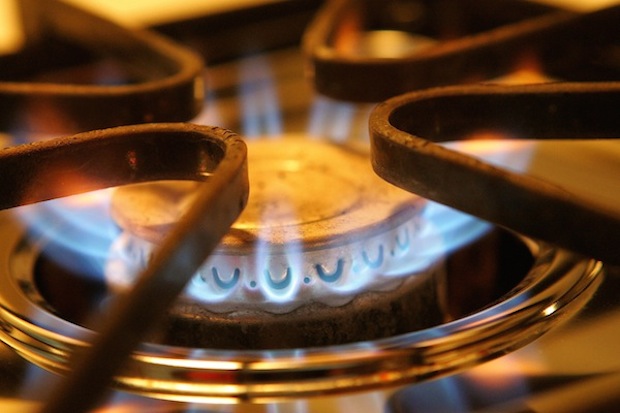For a long time, the energy market has been dominated by six giants: British Gas, EDF, E.ON, npower, SSE and Scottish Power. According to the latest figures from regulator Ofgem, between them the so-called ‘big six’ have a market share of 85 per cent.
The trouble is, they are often the most expensive. Recent years have seen a number of less well-known names emerging in the market, offering better customer service and better prices. So is it time to take the plunge and go with a small supplier?
The big six premium
Millions of people are languishing on their supplier’s standard tariff. These are the most expensive tariffs, the ones you move onto after a promotional fixed period has concluded, and also the ones subject to the waves of price rises energy suppliers usually announce around this time of year.
According to Which? the average cost of a dual fuel standard tariff from one of the big six suppliers, once the latest batch of price rises kicks in, will stand at a massive £1,131 a year.
Switch to one of the cheapest fixed or variable tariffs around today and you will slice the best part of £300 off that price. But chances are the firm you switch to will, to you at least, be a complete unknown.
Who?
The current best buy table for energy tariffs is not exactly filled with familiar names.
The cheapest deal of all comes from Iresa, costing the average household £839 for a 12-month fixed tariff. Other names in the top ten include Tonik Energy, So Energy, Affect Energy and Octopus Energy. Only that last one will cost the average household more than £900 a year. Even the cheapest deals from the big names don’t come close.
And many people are already seeing the benefit of ditching the big names. Ofgem figures reveal that 7.7 million energy switches took place last year, with around half going to small or medium-sized suppliers.
What happens if it all goes wrong?
That said, it’s easy to understand why some people might be hesitant to switch. At the end of last year the supplier GB Energy went bust, plunging 160,000 customers into uncertainty.
Wholesale price rises had left it exposed, unable to continue to make a loss on the cheap fixed tariffs to which it was already committed. Luke Watson, managing director of GB Energy, said at the time: ‘As a small supplier, our inability to forward buy energy to allow us to access the best possible wholesale prices means that the position of the business has become untenable.’
At the time, there were warnings that other small suppliers may follow suit. That hasn’t happened. Indeed, GB Energy’s stranded customers were swiftly transferred to Co-operative Energy, without ever losing power.
The presence of Ofgem’s ‘safety net’ – which allows the firm appointed to take over customers left in limbo to recover the cost of credit balances thanks to a levy across all energy suppliers – should provide further reassurance that moving to a small name is not a risky gamble that could leave you out of pocket.
The dominance of the big six is unlikely to end any time soon. But if you want to really save on your energy bill, you’re better off looking elsewhere.
John Fitzsimons is a freelance financial journalist






Comments